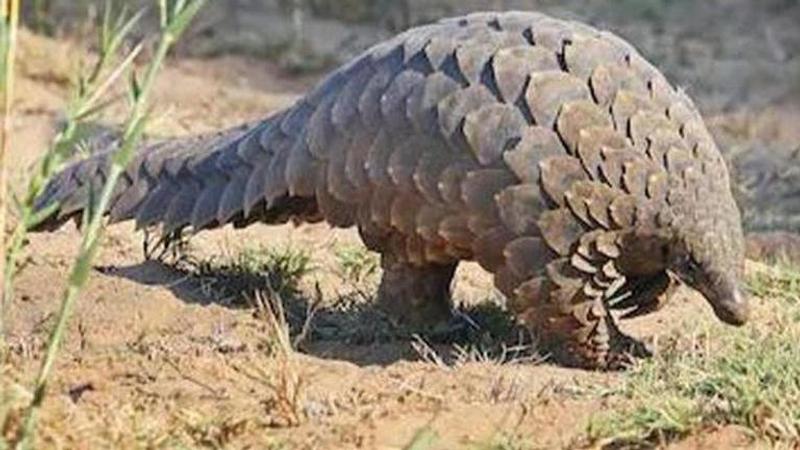Published 14:07 IST, June 13th 2020
China removes Pangolin from its traditional medicine list to protect the endangered animal
China has officially removed pangolin scales from the list of approved ingredients from traditional medicine, a move aimed at protectingmost trafficked species

China has officially removed pangolin scales from the list of approved ingredients from traditional medicine, a move aimed at protecting the most trafficked species in the world. Though Pangolin scales are made up of keratin, the same material as human nails, traditional Chinese medicine believes it improves blood circulation and reduces inflammation. According to the conservation group Wild Aid, around 130 tons of pangolin items were seized by authorities around the world in 2019.
'The step was critical'
However, the latest edition of Chinese pharmacopoeia, the official government compendium of drugs, did not include pangolin sale in this list of “approved ingredients” due to the risk of "wild resources exhaustion”. Lauding the latest move, David Olson, director of conservation at WWF in Hong Kong stated that they would have a real impact adding that it was needed to be taken if real conservation of the mammal. He also revealed that most of the demand for the scales was coming from traditional chines medicine and consumption thereby deriving the large sale illegal trade. Meanwhile, Sophi Zhang, director of the Pangolin Working Group at the China Biodiversity Conservation and Green Development Foundation, said that while she was pleased by the result, however, she felt it came "a bit late."
Pangolins have large, protective keratin scales covering their skin who live in hollow trees or burrows. According to WWF, Pangolins are nocturnal, and their diet consists of mainly ants and termites, which they capture using their long tongues. They tend to be solitary animals, meeting only to mate and produce a litter of one to three offspring, which they raise for about two years.
This comes as China accorded the highest level of protection to pangolins, which is believed to be the intermediate host of the novel coronavirus, on par with the endangered species. The Chinese Pangolin is listed under critically endangered species in the IUCN Red List, primarily threatened by indiscriminate hunting and poaching. China’s National Forestry and Grasslands Administration (NFGA) announced on June 5 that pangolins have been upgraded to the new Class I Protected Species classification.
(Image credits: Pixabay)
Updated 14:07 IST, June 13th 2020




